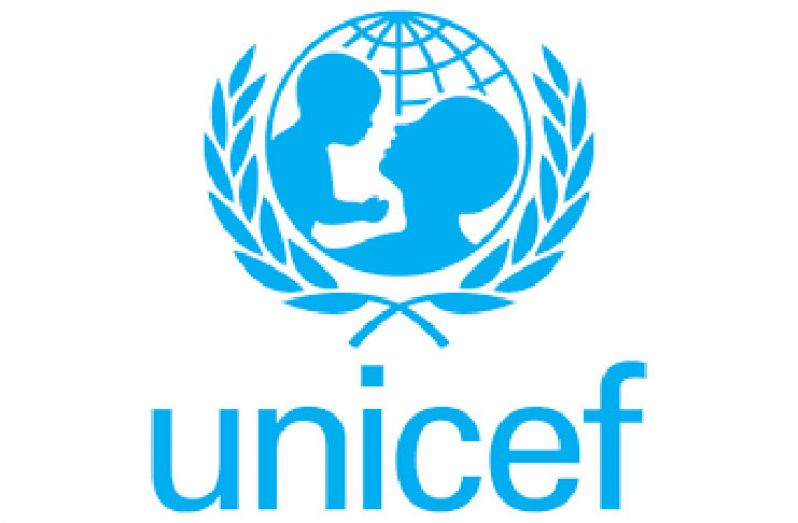–that ‘one-size-fits-all’ approach can’t work
ONE of the main bottlenecks at a national level is the lack of complementary policies for the Indigenous population and deficiencies in the implementation of the current policies, a recent study finds.
The study, which was done by the United Nations International Children’s Emergency Fund (UNICEF) and the Ministry of Indigenous Peoples’ Affairs (MIPA), found that although the MIPA has some policies, other ministries and agencies do not have anything specific for the indigenous population of Guyana.
Nine villages from the 10 administrative regions were studied by researchers, who did a comprehensive, qualitative analysis of the lives of Indigenous women and children who populate those villages.
According to the study, public policies in all possible sectors must be a target for the MIPA to ensure that other ministries in Guyana plan and implement their policies.
At the current stage, it is not possible to have Indigenous boys, girls and women catching up with the other ethnicities in the country without proper policies targeting them.
“One reason why public policies in different sectors have to target the Indigenous community is due to their need to be culturally adapted,” the study found.
It states also that the idea of “one-size-fits-all” is not possible to be implemented in Guyana, since the country has at least three different ethnic groups in the same territory.
In addition, it was also discovered that budgetary resources are short for all sectors in Guyana, thereby increasing the necessity of boosting the efficiency of the public policies and the allocation of resources.
The study notes that villages have to do an annual plan, and guarantee their resources to implement it. The annual plans analysed were basic and did not give an idea of solid public policy at the local level.
While some more villages are trying to invest in tourism as a sustainable form of income, other communities struggle deeply to sustain themselves.
Governance in the villages still needs improvement, and that is directly related to management and coordination of public policies for local development
WEAK LOCAL MANAGEMENT
The problem also identified in the report was that despite all the willingness and goodwill of the Toshaos and villages councils, the quality of local-level management is weak.
“In none of the villages visited, those interviewed would admit being trained in local management, finances or any type of tool to help them better plan to the village,” the report reads.
Decentralisation was also mentioned as an important strategy to bringing public policies near to those who need it. The idea of having a process bottom-up is supposed to help local development to empower the communities and to make sure that the policies reflect the local needs.
Decentralisation in Guyana is still limited to decisions on health, education and security because they are still decided at a national level in combination with Regional demands. The report states also that villages have a good degree of autonomy to develop their own public policies, including policies that can benefit women and children.
The autonomy of the villages has to be seen beyond the current policies such as the Presidential Grant, Hinterland Employment Youth Service (HEYS) and the Community Development Plan, among others, which all seem very appropriate but in the villages that were visited they did not have intersecting points and could basically be considered as isolated initiatives.
In reality, it seems that much of the efficiency of those programmes is associated with the commitment of the Chief Development Officer (CDO) towards the villages. It was recommended that if the CDO is committed and is trained in management and planning, then good projects could be established.



.jpg)









